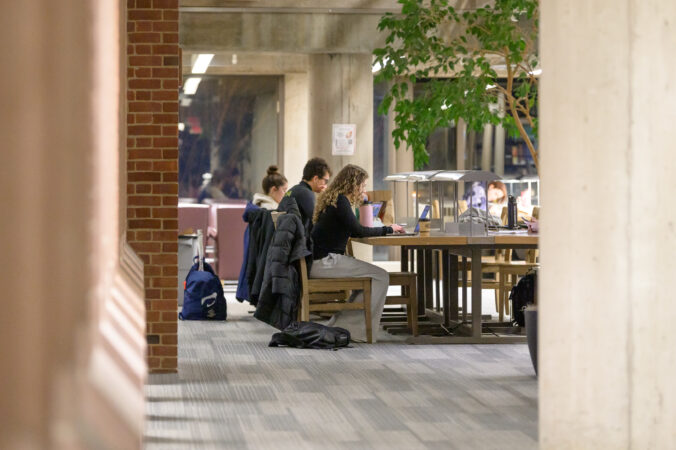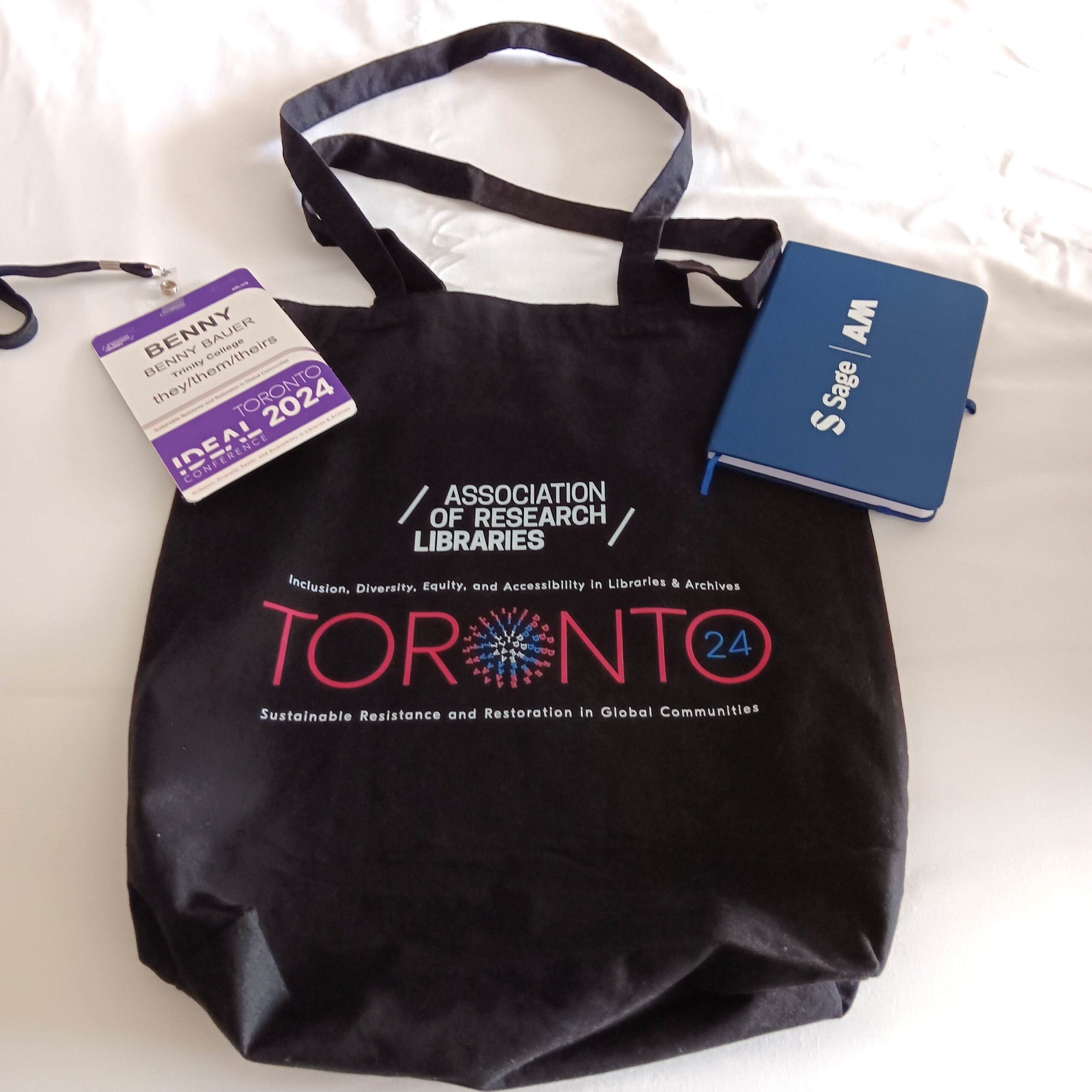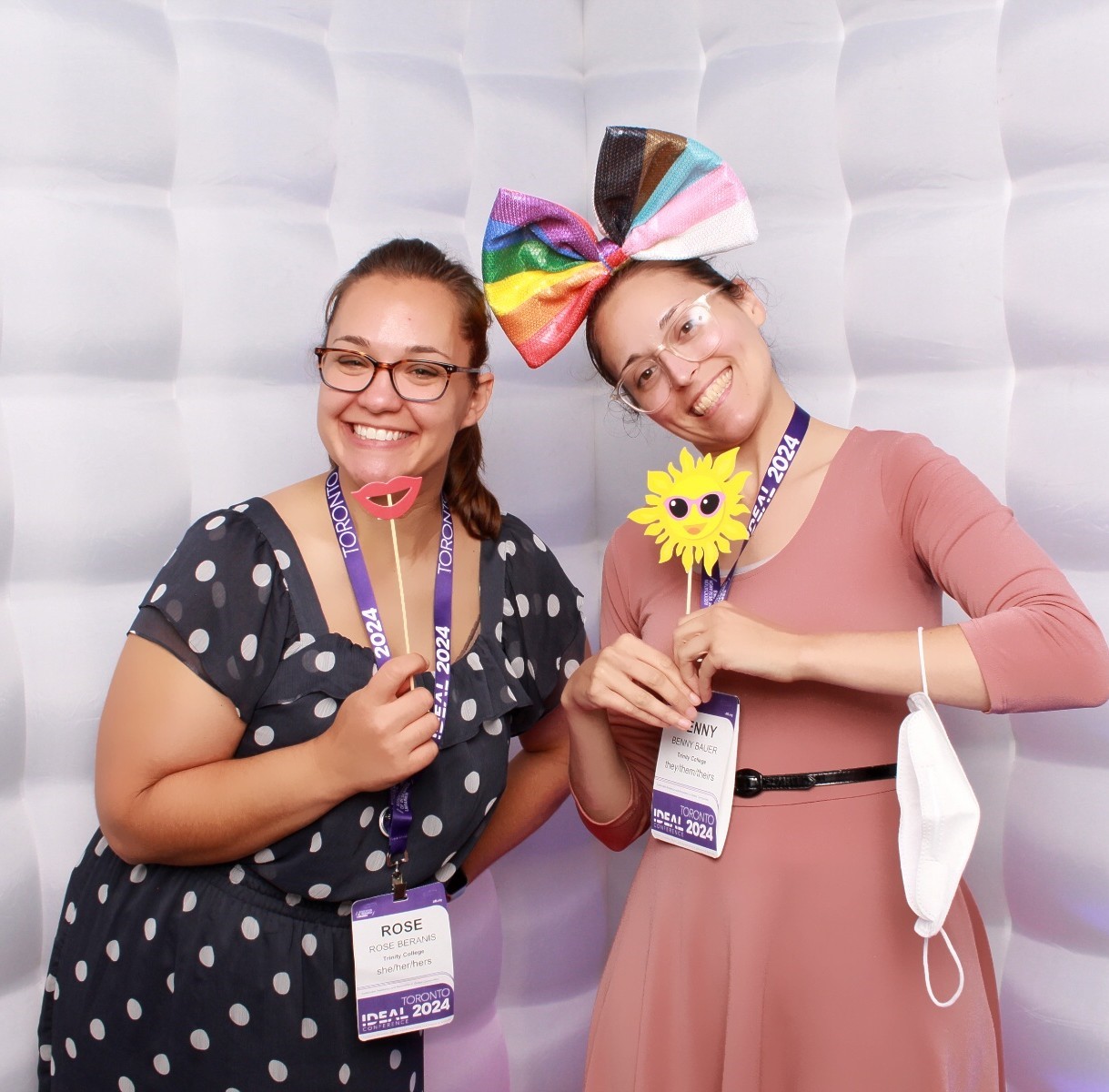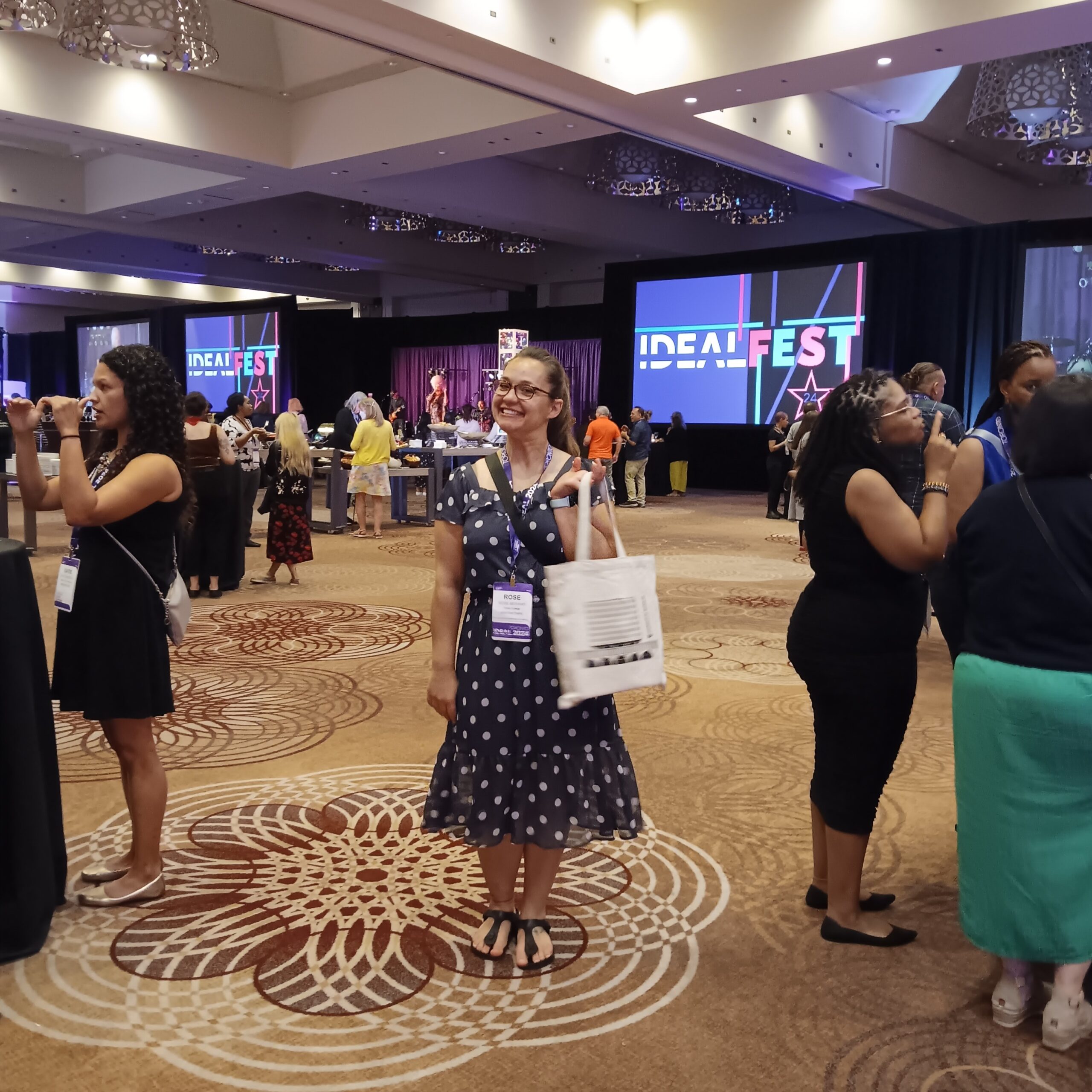The Trinity Library recently announced the new Digital Repository, a site in JSTOR which houses and provides access to scholarly and creative works by Trinity College community members and digitized materials from the College Archives and Watkinson Library Special Collections. As part of the launch, library staff members Christina Bleyer, Amy Harrell, and Amanda Matava held an informational session on January 23 during Common Hour for faculty, staff and students to show the new site, demonstrate its functionality, and answer questions.
Trinity’s Digital Repository was initiated in 2011 to collect faculty and student scholarly and creative works such as papers, publications, and theses. Over time, it grew to include digitized textual materials from the Watkinson Library Special Collections, College Archives like the Tripod, Ivy, Bulletins and Catalogues. The new Repository totals 77,000 items, and old URLs have been redirected to the new site. Items are also indexed in Google for discoverability.
The Repository can be accessed in several ways:
- https://jstor.org — Browse (on the right) — Your Institution’s Collections.
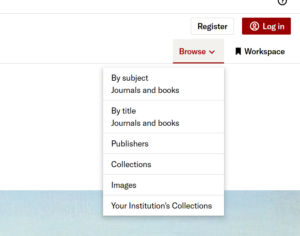
The decision to change platforms was considered for some time due to cost, functionality, and open access considerations, but put on hold until a suitable replacement could be found. JSTOR offers a more modern, intuitive experience and can support multiple formats including text, audio, video, and images. This has consolidated Trinity’s digital collections to one platform instead of multiple. The new repository is also a digital asset management system with a preservation component, so hosted materials and their metadata are monitored and stored in perpetuity. Continue reading





